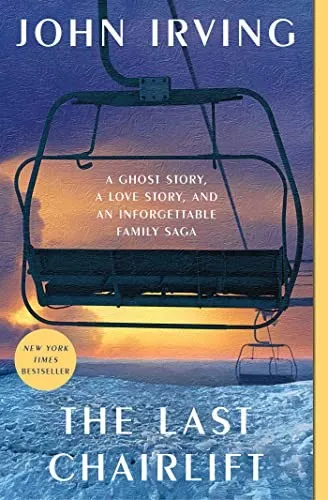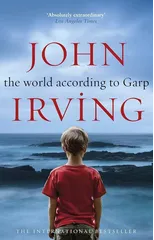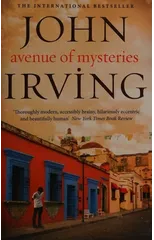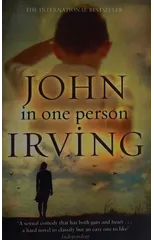In 1954, in the cookhouse of a logging and sawmill settlement in northern New Hampshire, an anxious twelve-year-old boy mistakes the local constable's girlfriend for a bear. Both the twelve-year-old and his father become fugitives, forced to run from Coos County - to Boston, to southern Vermont, to Toronto - pursued by the implacable constable. Their lone protector is a fiercely libertarian logger, once a river driver, who befriends them. In a story spanning five decades, Last Night in Twisted River- John Irving's twelfth novel - depicts the recent half-century in the United States as 'a living replica of Coos County, where lethal hatreds were generally permitted to run their course'. From the novel's taut opening sentence - 'The young Canadian, who could not have been more than fifteen, had hesitated too long' - to its elegiac final chapter, Last Night in Twisted Riveris written with the historical authenticity and emotional authority of The Cider House Rulesand A Prayer for Owen Meany. It is also as violent and disturbing a story as John Irving's breakthrough bestseller, The World According to Garp. What further distinguishes Last Night in Twisted Riveris the author's unmistakable voice - the inimitable voice of an accomplished storyteller. Near the end of this moving novel, John Irving writes: 'We don't always have a choice how we get to know one another. Sometimes, people fall into our lives cleanly - as if out of the sky, or as if there were a direct flight from Heaven to Earth - the same sudden way we lose people, who once seemed they would always be part of our lives'.
John Irving
John Irving is an American novelist known for his bestselling novel "The World According to Garp." His writing style is characterized by complex characters, dark humor, and intricate plots. Irving's key contribution to literature is his ability to explore themes of family, identity, and the human experience with profound insight and emotional depth.






